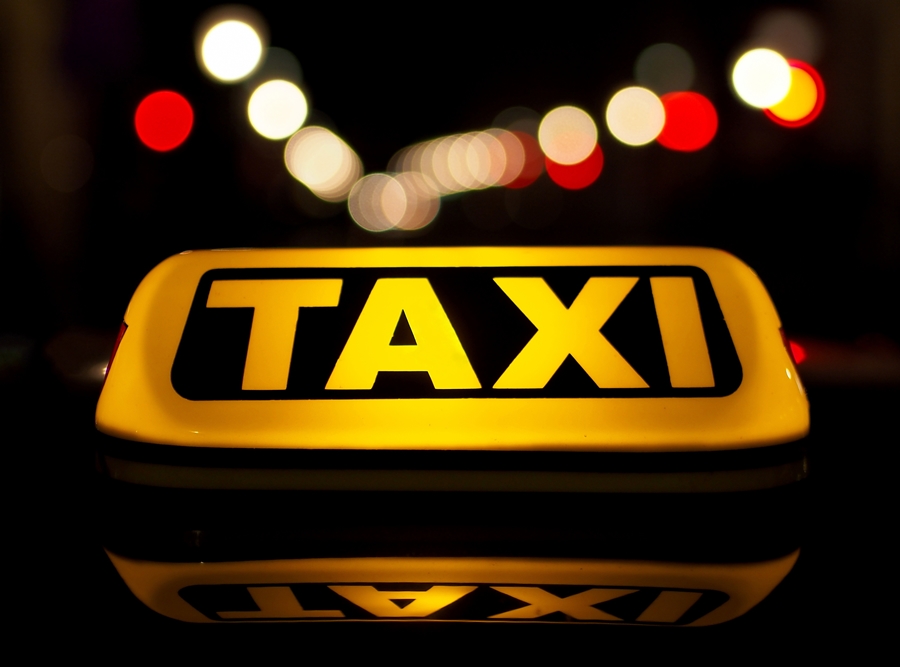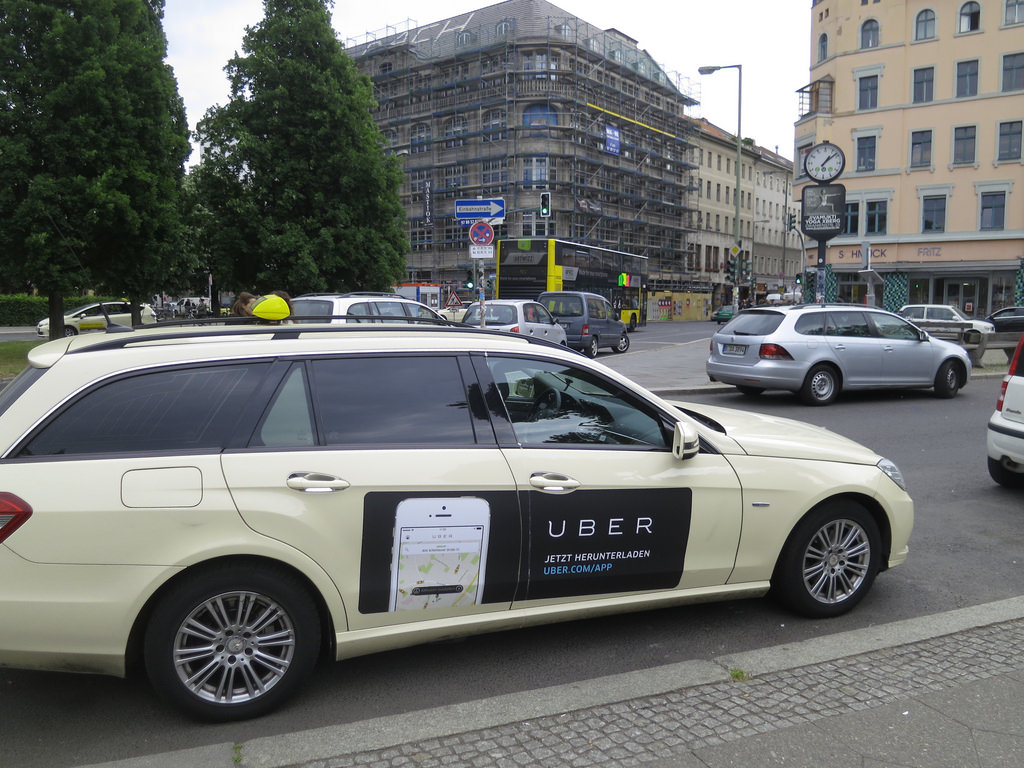An official debate on whether or not to restore the ride-sharing taxi system took place during a Traffic O2O(online to online)meeting last January where Kim Hyun-mi, the Minister of Land, Infrastructure, and Transport, also join in. The topic garnered much public attention a stimulated new calls for a return to the old operational policy. Ride-sharing is when passengers take taxis with people headed in similar directions and split the costs. This system was abolished for a few reasons including passenger safety, disputes over cost sharing and so forth in 1982. However, there are many reasons for a return to the old system.
 |
The biggest reason is the difficulty people experience when trying to hail a taxi during peak or off-hours. According to a 2016 policy report by the Seoul Institute, private taxi drivers operate at 37-47% capacity at night. This explains why it is hard to get a taxi at midnight. The second reason is passenger’s safety. According to a 2017 report from the Korean Transportation Safety Authority, there are 836 ex-convicts working as drivers around the country. More than half of which (436) committed sexual crimes. What’s worse is that there are 68 ex-convicts who committed robbery or murder. In fact, the number of ex-convict taxi drivers has been increasing from 118 in 2015 to 282 in 2016 and 862 in 2017. However, right after Ministry of Land, Infrastructure and Transport announced they’re considering re-introducing the ride-sharing system, proponents argued the safety problem was partially due to a lack of information on the drivers, which can be easily solved using IT technology that allows passengers to check information on who is driving the vehicle. According to comments made by Ann Ki-jeong (Researcher of Seoul Institute) during a CBS radio interview this past March, 'By registering driver's personal information, the safety problems can be overcome.' Moreover, what he believes is that through basic IT technology, both drivers and passengers should be able to check each other’s information to prevent crimes, which is different from the system we had in 1982. Furthermore, he mentioned that if the system is created, the charge for taxi sharing should be cheaper than before, so that customers can get to choose between privacy for a higher price or opt for minor discomfort while ride sharing for a lower price.
However, there are also opposing opinions. According to an interview by The Dankook Herald with Kim Ki-bok (president of Citizen Traffic Safety Association) said “It is difficult to define a position clearly on ride-sharing, but if this system is restored, the side effects should be considered very carefully.” He warned that “even if the newest IT technology is applied to the system, there is no guarantee that it will solve passenger safety problems perfectly. And senior citizens who may have trouble using IT technology should not be left out of consideration.” During an interview on the same CBS radio show, he was careful to point out that since drivers earn more profit with ride sharing, it’s possible for them to focus on serving areas where people are more likely to share a taxi. In other words, the system which is meant to improve passenger access to taxis during peak hours may have little to no effect at all. Moreover, according statistical date from the Korean Transport Institute, more than 72% of the taxi drivers said they are opposed to the system because of the potential for arguing with passengers over the price and worries of their own system within this system. Additionally, more than 57% of passengers are opposed to the issue because they feel a degree of discomfort sharing a taxi with strangers.
Meanwhile, the Seoul Metropolitan Government sought out to demo a taxi sharing system to resolve the taxi shortage at midnight on Friday in Gangnam on August, 2015. The results showed taxi drivers and citizens were opposed to the service. According to the mobile voting app mVoting, only 192 out of 743 citizens voted in favor of the ride sharing system from Gangnam Station, a clear sign of opposition to the plan. As a result, it was impossible to demo the system as planned.
Ride sharing taxis are also used abroad. In only Tokyo, Japan, a trial run of 950 demo taxis is being operated. In this system, apps are used to measure the distance traveled using G.P.S technology. According to The Japan Times, the Nihon Transportation Taxi app in Tokyo has similar features to Uber. Passengers can choose where to get in and out and find passengers taking similar routes. In addition, the price of ride sharing is 30 % less than a regular private ride.
 |
The car calling global company Uber operates a ride sharing system called ‘uberPOOL’. ‘uberPOOL’ is cheaper than their private service ‘Uber X’ and passengers are aware they are sharing the ride before they enter the vehicle. Their service is based on an AI system. Thus, passengers who have similar destinations can use the service at a cost saving. However, Uber also came under scrutiny for issues related to passenger safety in the past. But now, they use a 'screening process' which provides a criminal record search to ensure passenger safety.
The ride sharing taxi service has not yet been reinstated. There are various pros and cons to the concept. Supporters say that most worrying problem related to the safety of passengers in ride sharing can be overcome with new IT technology and the shortage of taxis can be resolved. Opponents say that IT technology has its limits and that there will be more detrimental effects than benefits to a taxi ride sharing system. Since this concept can bring about new changes to the current system, it requires very careful consideration by the government before they actually reintroduce it for widespread use.
박채리, 심형석 dankookherald@gmail.com

![[Campus Magnifier] Let's Surf the Library!](/news/photo/202404/12496_1765_4143.jpg) [Campus Magnifier] Let's Surf the Library!
[Campus Magnifier] Let's Surf the Library!
![[Campus Magnifier] Let's Surf the Library!](/news/thumbnail/202404/12496_1765_4143_v150.jpg)





